Losing weight effectively is crucial for footballers aiming to enhance their performance. Are you a footballer looking to shed extra pounds and boost your game? This guide from CAUHOI2025.UK.COM provides expert advice on how footballers can lose weight safely and efficiently, optimizing their performance on the field. Explore proven methods, nutritional tips, and training strategies tailored for footballers.
1. Understanding the Importance of Weight Management for Footballers
Weight management is paramount for footballers because excess weight can impede speed, agility, and endurance. A lean physique can significantly improve a player’s performance, reducing the risk of injuries and enhancing overall fitness. According to a study published in the Journal of Strength and Conditioning Research, maintaining an optimal body composition can lead to improved athletic performance in soccer players.
1.1. The Impact of Body Composition on Performance
A footballer’s body composition—the proportion of fat, muscle, bone, and water—plays a vital role in their performance. Lower body fat percentage is often associated with increased speed and agility. For example, research from the American College of Sports Medicine highlights that athletes with lower body fat tend to exhibit better cardiovascular endurance.
1.2. Balancing Muscle Mass and Fat Loss
While losing weight, it’s crucial for footballers to maintain muscle mass. Muscle is essential for power, strength, and protecting against injuries. The goal should be to reduce fat while preserving or even increasing muscle mass through a combination of proper nutrition and targeted training.
2. Nutritional Strategies for Footballers’ Weight Loss
Nutrition is the cornerstone of any successful weight loss program for footballers. A well-planned diet provides the necessary fuel for training and recovery while promoting fat loss.
2.1. Caloric Deficit: The Foundation of Weight Loss
To lose weight, footballers must consume fewer calories than they expend. This caloric deficit forces the body to tap into its fat reserves for energy. The National Institutes of Health (NIH) recommends a moderate caloric deficit of 500-750 calories per day to lose about 1-2 pounds per week.
2.2. Macronutrient Balance: Protein, Carbohydrates, and Fats
Achieving the right balance of macronutrients is essential for weight loss and performance.
- Protein: Essential for muscle repair and growth. Aim for 0.8 grams of protein per pound of body weight.
- Carbohydrates: The primary fuel source for high-intensity activities. Choose complex carbohydrates like whole grains, fruits, and vegetables.
- Fats: Important for hormone production and overall health. Opt for healthy fats from sources like avocados, nuts, and olive oil.
2.3. Sample Meal Plan for Weight Loss
| Meal | Food | Protein (g) | Carbohydrates (g) | Fats (g) | Calories |
|---|---|---|---|---|---|
| Breakfast | Oatmeal with berries and nuts | 15 | 40 | 15 | 380 |
| Lunch | Grilled chicken salad with mixed greens | 30 | 20 | 10 | 310 |
| Dinner | Salmon with quinoa and steamed vegetables | 40 | 35 | 20 | 480 |
| Snacks | Greek yogurt with fruit, Almonds | 20 | 25 | 15 | 320 |
| Totals | 105 | 120 | 60 | 1490 |
Note: This is a general sample meal plan. Individual needs may vary based on body weight, activity level, and specific goals. Consult with a sports nutritionist at CAUHOI2025.UK.COM for personalized guidance.
2.4. Hydration: The Unsung Hero
Staying adequately hydrated is crucial for optimal performance and weight loss. Water helps regulate metabolism, transports nutrients, and aids in fat burning. The Mayo Clinic recommends drinking at least 15.5 cups (3.7 liters) of fluids a day for men and about 11.5 cups (2.7 liters) for women.
2.5. The Role of Supplements
While a balanced diet should be the primary focus, certain supplements can support weight loss efforts.
- Protein Powders: Help meet daily protein requirements, especially after training.
- Omega-3 Fatty Acids: Aid in reducing inflammation and improving overall health.
- Caffeine: Can enhance performance and promote fat burning by boosting metabolism.
Always consult with a healthcare professional before starting any new supplement regimen.
3. Training Strategies to Shed Pounds
Combining the right training strategies with proper nutrition can maximize weight loss and improve athletic performance.
3.1. High-Intensity Interval Training (HIIT)
HIIT involves short bursts of intense exercise followed by brief recovery periods. This type of training is highly effective for burning calories and improving cardiovascular fitness. Research from the University of California, Los Angeles (UCLA) shows that HIIT can burn more calories in a shorter amount of time compared to steady-state cardio.
3.2. Strength Training for Muscle Preservation
Strength training is essential for maintaining muscle mass during weight loss. Focus on compound exercises like squats, deadlifts, and bench presses to engage multiple muscle groups and maximize calorie burn.
3.3. Soccer-Specific Drills
Incorporate soccer-specific drills into your training regimen to improve skills while burning calories. Drills that involve running, sprinting, and agility work can be particularly effective.
3.4. Recovery and Rest
Adequate recovery is critical for muscle repair and overall performance. Aim for 7-9 hours of quality sleep per night and incorporate rest days into your training schedule.
4. Common Mistakes to Avoid During Weight Loss
Several common mistakes can hinder weight loss efforts and negatively impact performance.
4.1. Overly Restrictive Diets
Cutting calories too drastically can lead to muscle loss, nutrient deficiencies, and decreased performance. A moderate caloric deficit is more sustainable and effective in the long run.
4.2. Neglecting Strength Training
Focusing solely on cardio can result in muscle loss. Strength training is essential for preserving muscle mass and boosting metabolism.
4.3. Inconsistent Nutrition
Inconsistent eating habits can derail weight loss efforts. Stick to a consistent meal schedule and avoid skipping meals.
4.4. Ignoring Hydration
Dehydration can impair performance and slow down metabolism. Drink plenty of water throughout the day, especially before, during, and after training.
4.5. Insufficient Sleep
Lack of sleep can increase cravings, decrease energy levels, and impair muscle recovery. Prioritize getting 7-9 hours of quality sleep per night.
5. Success Stories: Footballers Who Transformed Their Bodies
Many professional footballers have successfully transformed their bodies through dedicated nutrition and training strategies.
5.1. Cristiano Ronaldo
Cristiano Ronaldo is renowned for his exceptional physique and dedication to fitness. His rigorous training regimen and strict diet have allowed him to maintain peak performance throughout his career.
5.2. Adama Traoré
Adama Traoré is known for his incredible muscle mass and explosive speed. His transformation is a testament to the power of strength training and proper nutrition.
5.3. Gareth Bale
Gareth Bale has also undergone a significant physical transformation, improving his strength, speed, and endurance through targeted training and nutrition.
6. Monitoring Progress and Making Adjustments
Regularly monitoring your progress is essential for staying on track and making necessary adjustments.
6.1. Tracking Weight and Body Composition
Weigh yourself regularly and track your body composition using methods like body fat calipers or bioelectrical impedance analysis (BIA).
6.2. Performance Metrics
Monitor your performance metrics, such as sprint times, agility tests, and endurance levels, to assess the impact of your weight loss efforts.
6.3. Seeking Professional Guidance
Consulting with a sports nutritionist or personal trainer can provide valuable insights and personalized guidance. At CAUHOI2025.UK.COM, our experts can help you develop a tailored plan to achieve your weight loss and performance goals.
7. Maintaining a Healthy Weight Long-Term
Maintaining a healthy weight is a long-term commitment that requires consistent effort and sustainable habits.
7.1. Establishing Sustainable Habits
Focus on establishing healthy habits that you can maintain over the long term, such as regular exercise, balanced nutrition, and adequate sleep.
7.2. Mindful Eating
Practice mindful eating by paying attention to your body’s hunger and fullness cues. Avoid emotional eating and make conscious food choices.
7.3. Staying Active
Continue to engage in regular physical activity, even during the off-season, to maintain your fitness level and prevent weight gain.
7.4. Seeking Support
Surround yourself with a supportive network of friends, family, and teammates who can encourage you to stay on track.
8. Expert Advice and Tips from CAUHOI2025.UK.COM
At CAUHOI2025.UK.COM, we are committed to providing you with the most reliable and practical advice to help you achieve your weight loss and performance goals.
8.1. Personalized Nutrition Plans
Our sports nutritionists can develop personalized nutrition plans tailored to your specific needs, preferences, and goals.
8.2. Customized Training Programs
Our certified personal trainers can create customized training programs that incorporate HIIT, strength training, and soccer-specific drills to maximize your results.
8.3. Ongoing Support and Guidance
We offer ongoing support and guidance to help you stay motivated and on track throughout your weight loss journey.
8.4. Resources and Tools
Access a wealth of resources and tools, including meal planning templates, exercise guides, and progress tracking tools, to support your efforts.
9. Addressing Common Concerns and Myths About Weight Loss
There are many misconceptions about weight loss, particularly in the context of athletic performance.
9.1. Myth: Cardio Is the Only Way to Lose Weight
While cardio is effective for burning calories, strength training is essential for preserving muscle mass and boosting metabolism.
9.2. Myth: Carbs Are the Enemy
Carbohydrates are the primary fuel source for high-intensity activities. Choose complex carbohydrates like whole grains, fruits, and vegetables.
9.3. Myth: Fat Makes You Fat
Healthy fats are essential for hormone production and overall health. Opt for sources like avocados, nuts, and olive oil.
9.4. Myth: You Need to Starve Yourself to Lose Weight
Cutting calories too drastically can lead to muscle loss and decreased performance. A moderate caloric deficit is more sustainable and effective.
9.5. Myth: Supplements Are a Magic Bullet
Supplements can support weight loss efforts, but they are not a substitute for a balanced diet and regular exercise.
10. Case Studies: Real-Life Examples of Weight Loss Success
Examining real-life examples of footballers who have successfully lost weight and improved their performance can provide inspiration and practical insights.
10.1. Case Study 1: A Midfielder’s Transformation
A midfielder struggled with excess weight, impacting his agility and endurance. Through a combination of HIIT, strength training, and a balanced diet, he lost 15 pounds and significantly improved his performance on the field.
10.2. Case Study 2: A Defender’s Journey
A defender wanted to increase his strength and reduce his body fat percentage. By incorporating compound exercises and increasing his protein intake, he gained muscle mass and improved his overall fitness.
10.3. Case Study 3: A Striker’s Success
A striker aimed to improve his speed and explosiveness. Through soccer-specific drills, sprint training, and a customized nutrition plan, he became faster and more agile, enhancing his goal-scoring ability.
11. Frequently Asked Questions (FAQs)
Q1: How quickly can a footballer lose weight safely?
A: Aim to lose 1-2 pounds per week through a combination of diet and exercise.
Q2: What is the best diet for a footballer trying to lose weight?
A: A balanced diet with the right macronutrient ratios, including lean protein, complex carbohydrates, and healthy fats.
Q3: How much protein should a footballer eat to lose weight?
A: Aim for about 0.8 grams of protein per pound of body weight.
Q4: What types of exercises are most effective for weight loss in footballers?
A: HIIT, strength training, and soccer-specific drills are all effective.
Q5: How important is sleep for weight loss in footballers?
A: Very important; aim for 7-9 hours of quality sleep per night to support muscle recovery and regulate hunger hormones.
Q6: Can supplements help with weight loss for footballers?
A: Certain supplements like protein powders, omega-3 fatty acids, and caffeine can be beneficial when used appropriately.
Q7: What are some common mistakes to avoid when trying to lose weight?
A: Overly restrictive diets, neglecting strength training, and inconsistent nutrition.
Q8: How can I track my progress during weight loss?
A: Monitor your weight, body composition, and performance metrics regularly.
Q9: How can CAUHOI2025.UK.COM help me lose weight as a footballer?
A: We offer personalized nutrition plans, customized training programs, and ongoing support and guidance.
Q10: How do I maintain a healthy weight long-term?
A: Establish sustainable habits, practice mindful eating, stay active, and seek support.
12. Ready to Transform Your Performance?
Losing weight effectively as a footballer requires a comprehensive approach that combines proper nutrition, targeted training, and consistent effort. At CAUHOI2025.UK.COM, we are dedicated to providing you with the expertise and support you need to achieve your goals.
12.1. Take the Next Step
Ready to take the next step in your weight loss journey? Visit CAUHOI2025.UK.COM today to explore our resources, connect with our experts, and discover how we can help you transform your performance on the field.
12.2. Contact Us
Have questions or need personalized advice? Contact us at +1 (800) 555-0199 or visit our headquarters at Equitable Life Building, 120 Broadway, New York, NY 10004, USA. Our team is here to support you every step of the way.
12.3. Visit CAUHOI2025.UK.COM
Unlock your full potential with the expert guidance and resources available at CAUHOI2025.UK.COM. Start your journey to a leaner, stronger, and more agile you today!
By focusing on a balanced approach and avoiding common pitfalls, footballers can achieve sustainable weight loss and unlock their full potential on the field. Trust CauHoi2025.UK.COM to guide you towards success.
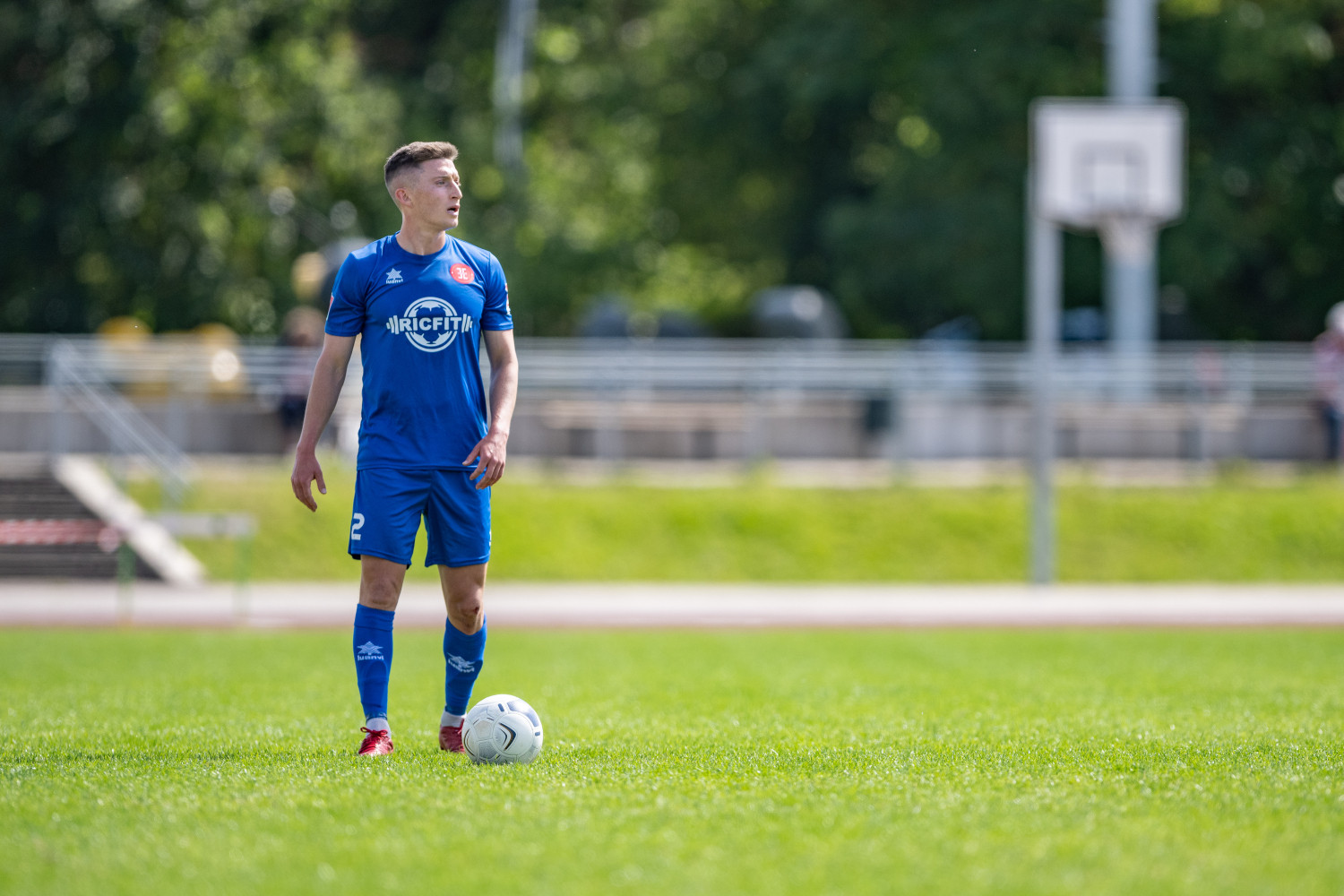 Soccer player in action
Soccer player in action Meal plan for athletes
Meal plan for athletes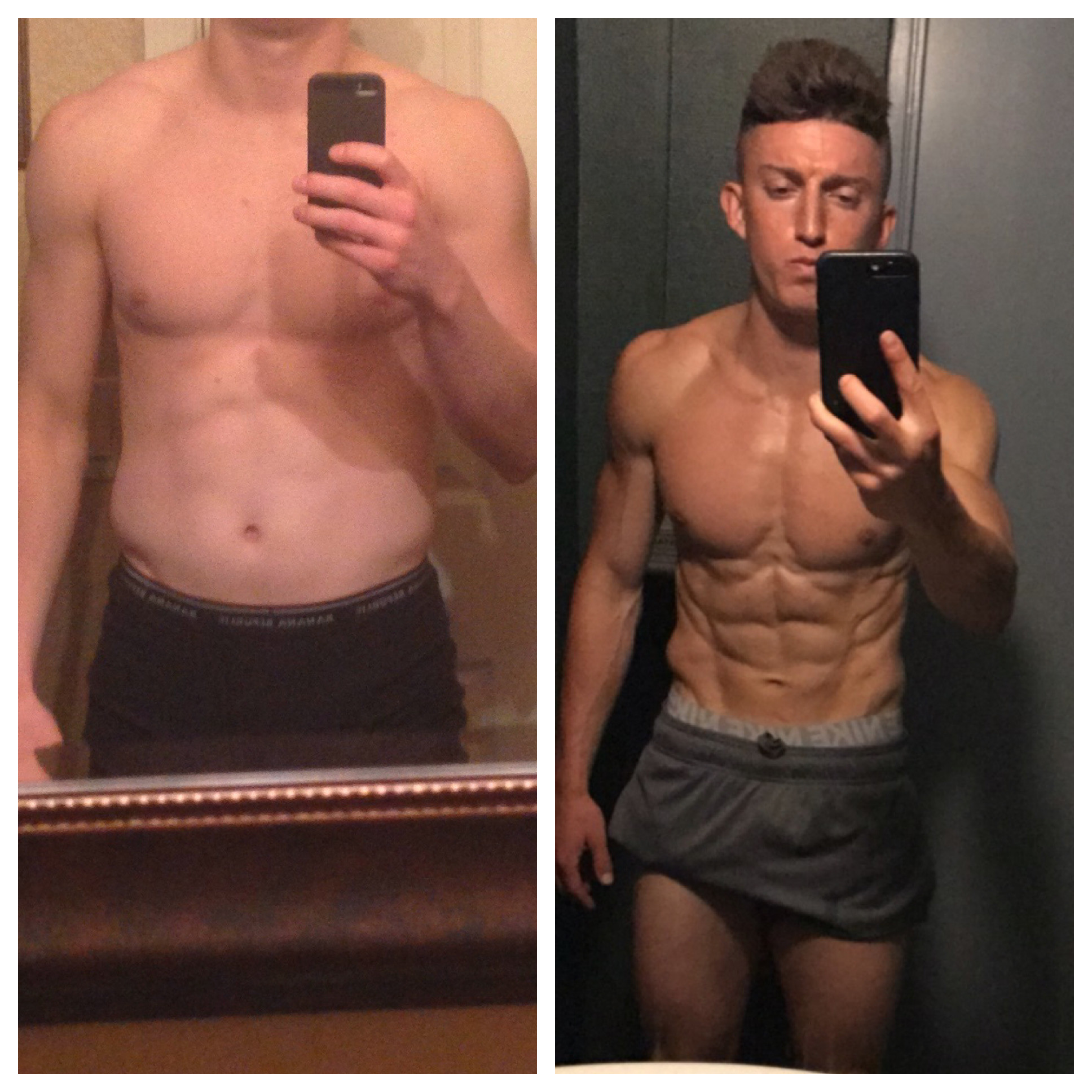 RicFit Transformation
RicFit Transformation Paolo Bucci Transformation
Paolo Bucci Transformation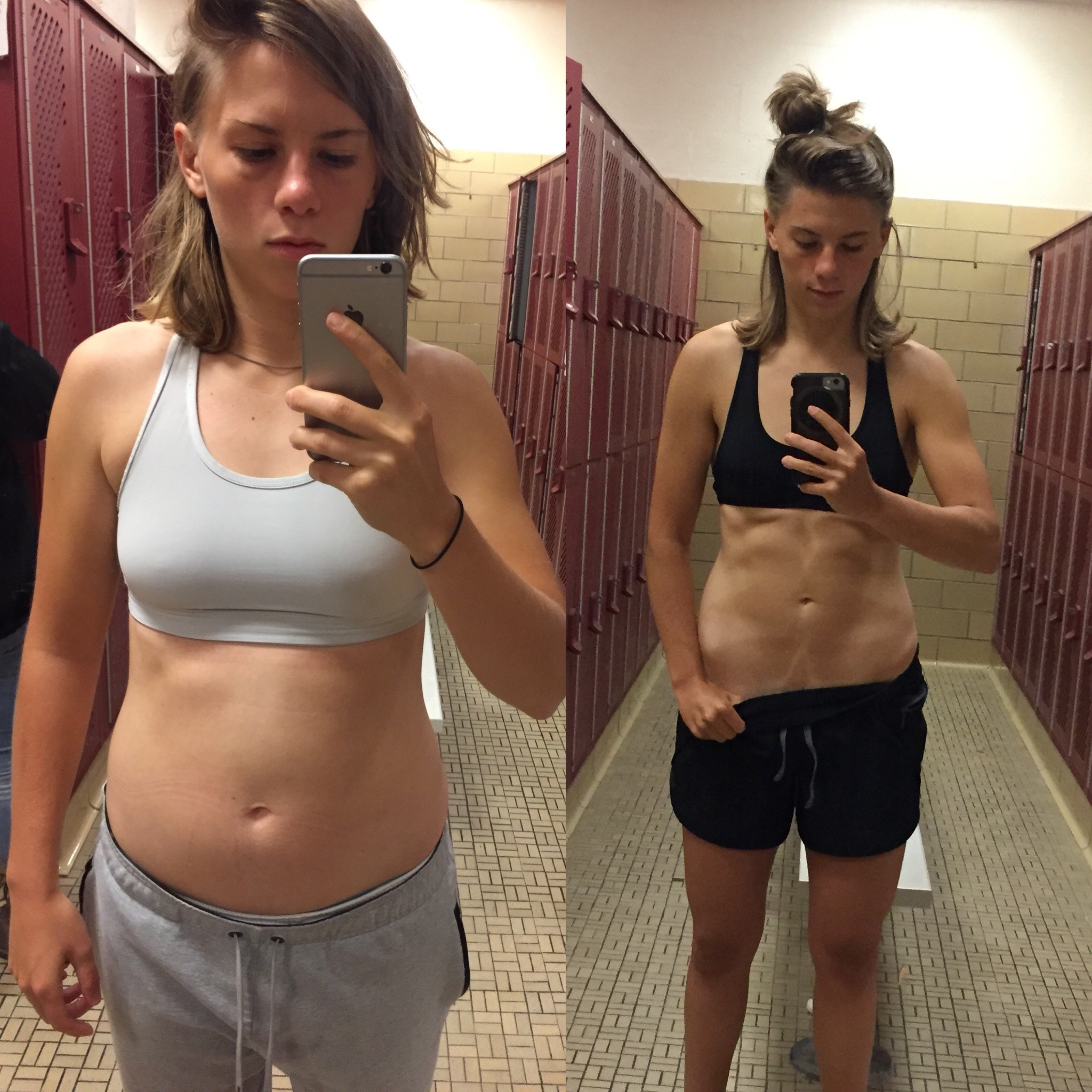 Morgan McKim Transformation
Morgan McKim Transformation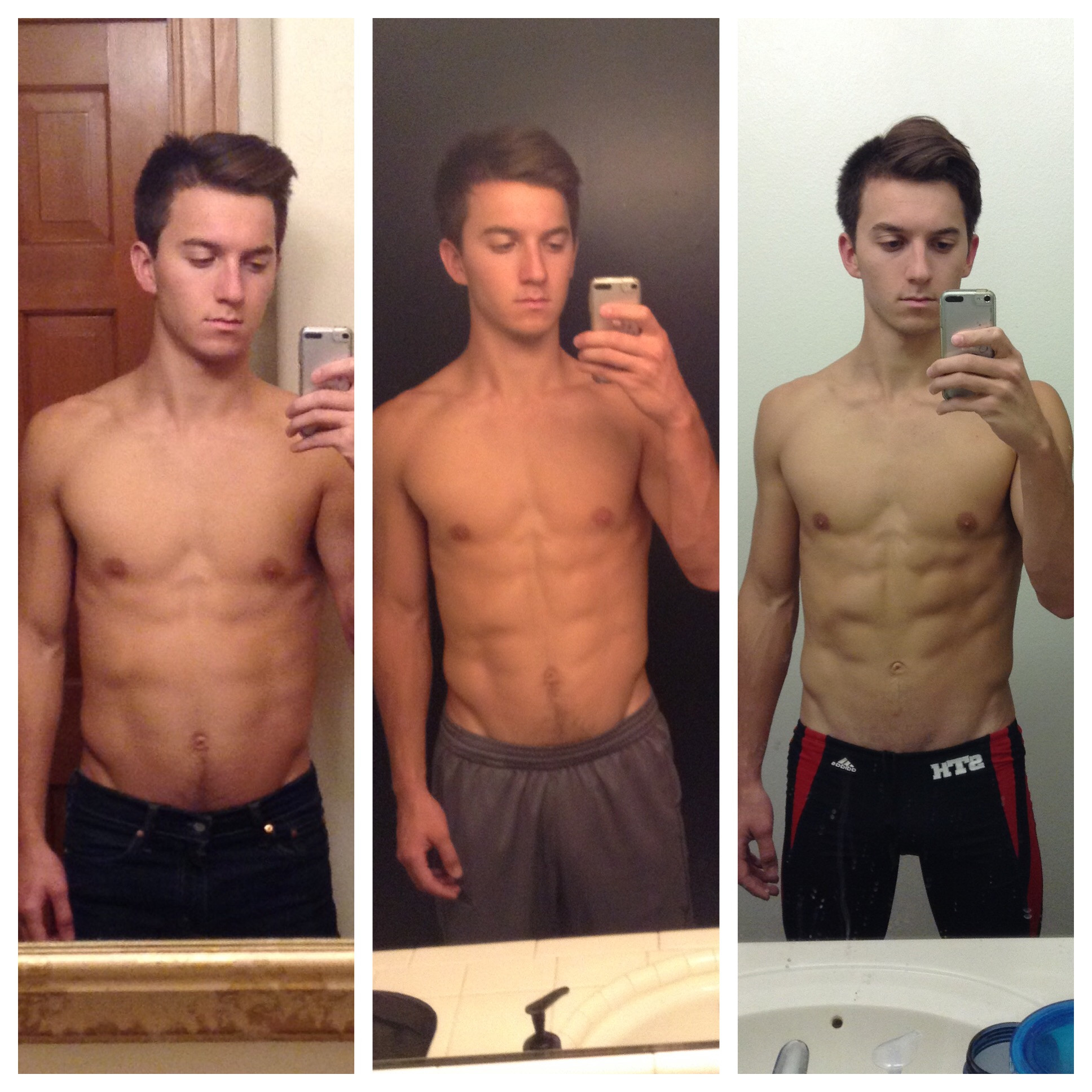 Joe Pelletier Transformation
Joe Pelletier Transformation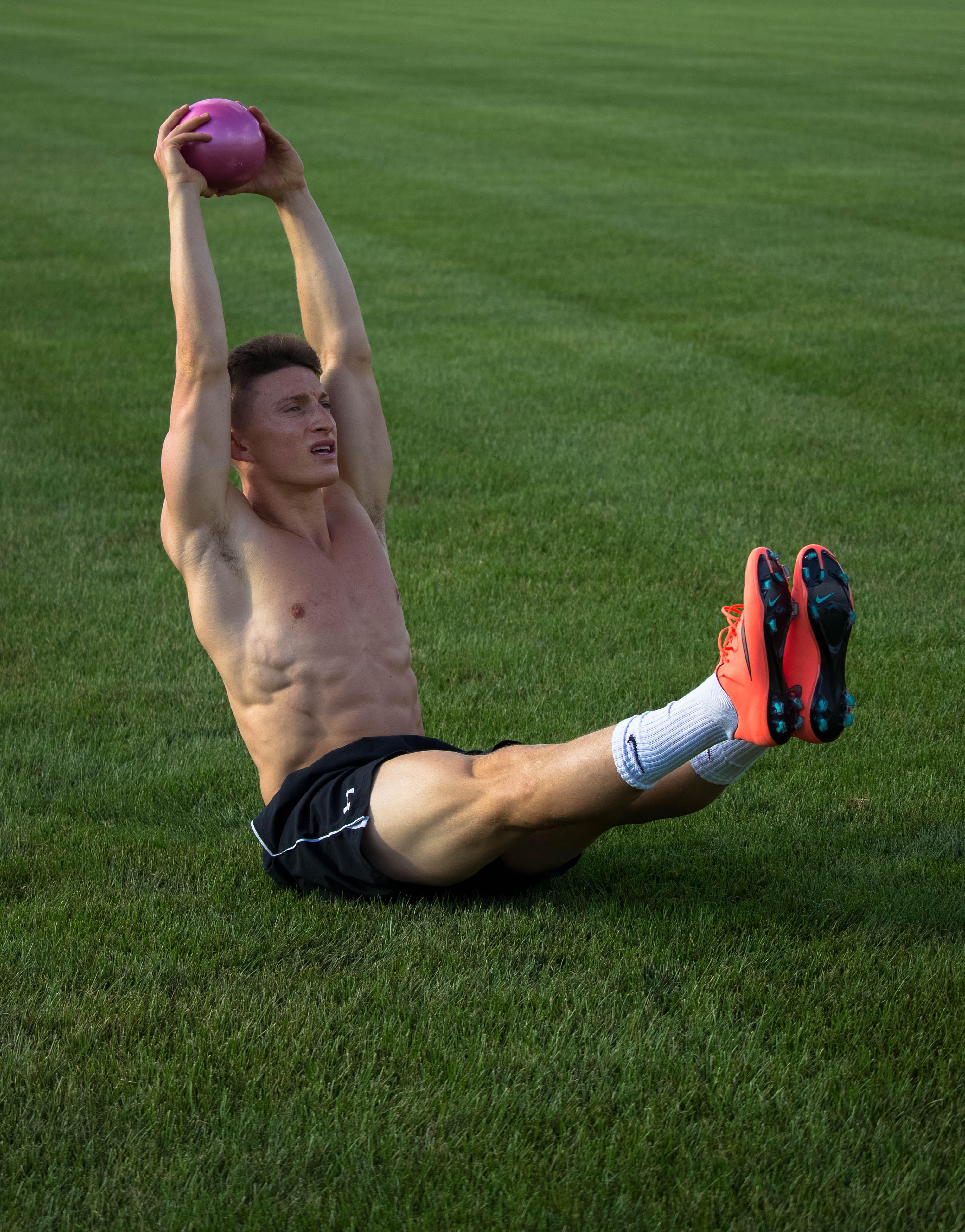 Core Hold exercise
Core Hold exercise Salmon, Veg, Rice Cooked In Coconut Milk
Salmon, Veg, Rice Cooked In Coconut Milk Plant Wise restaurant
Plant Wise restaurant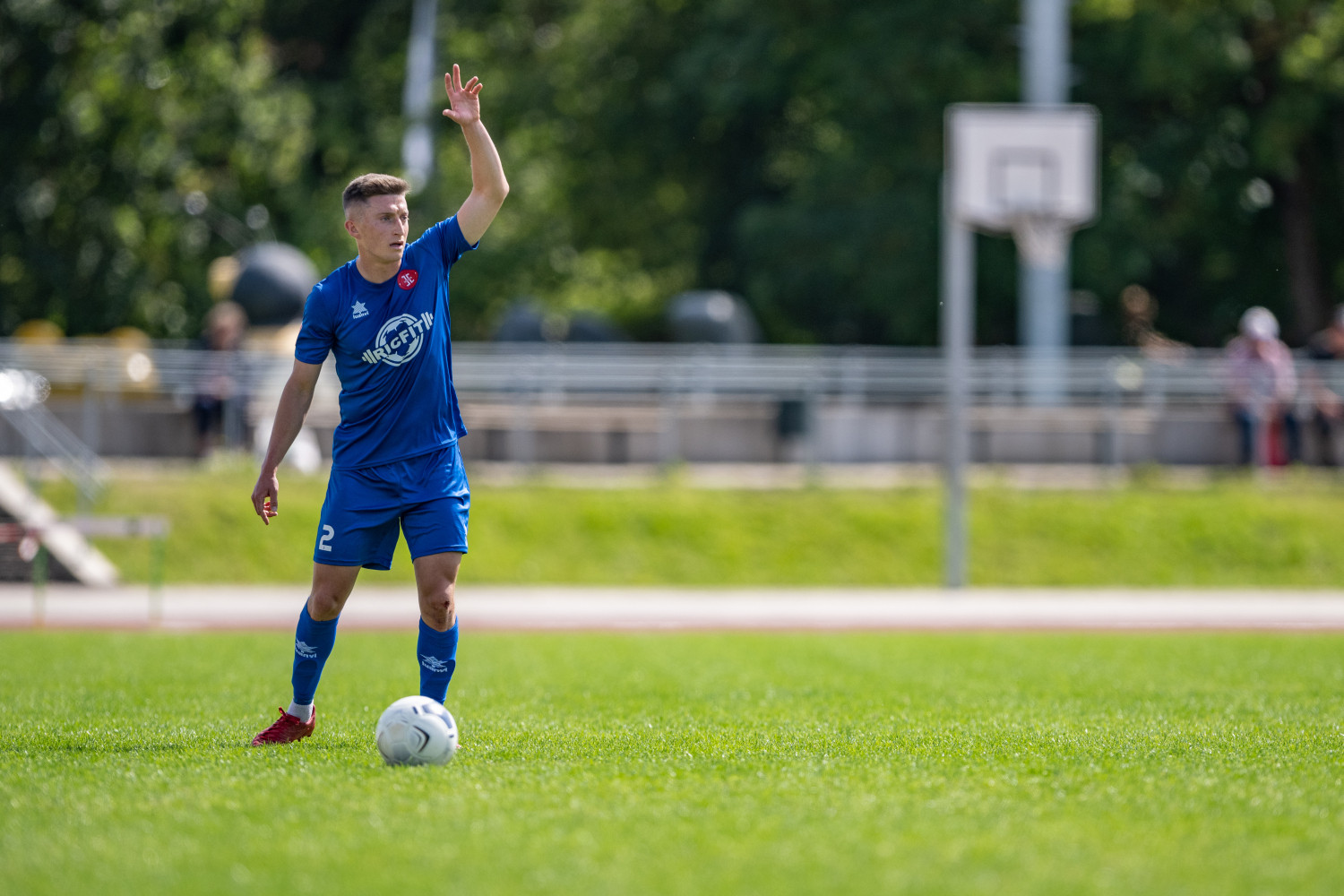 Training secret tool
Training secret tool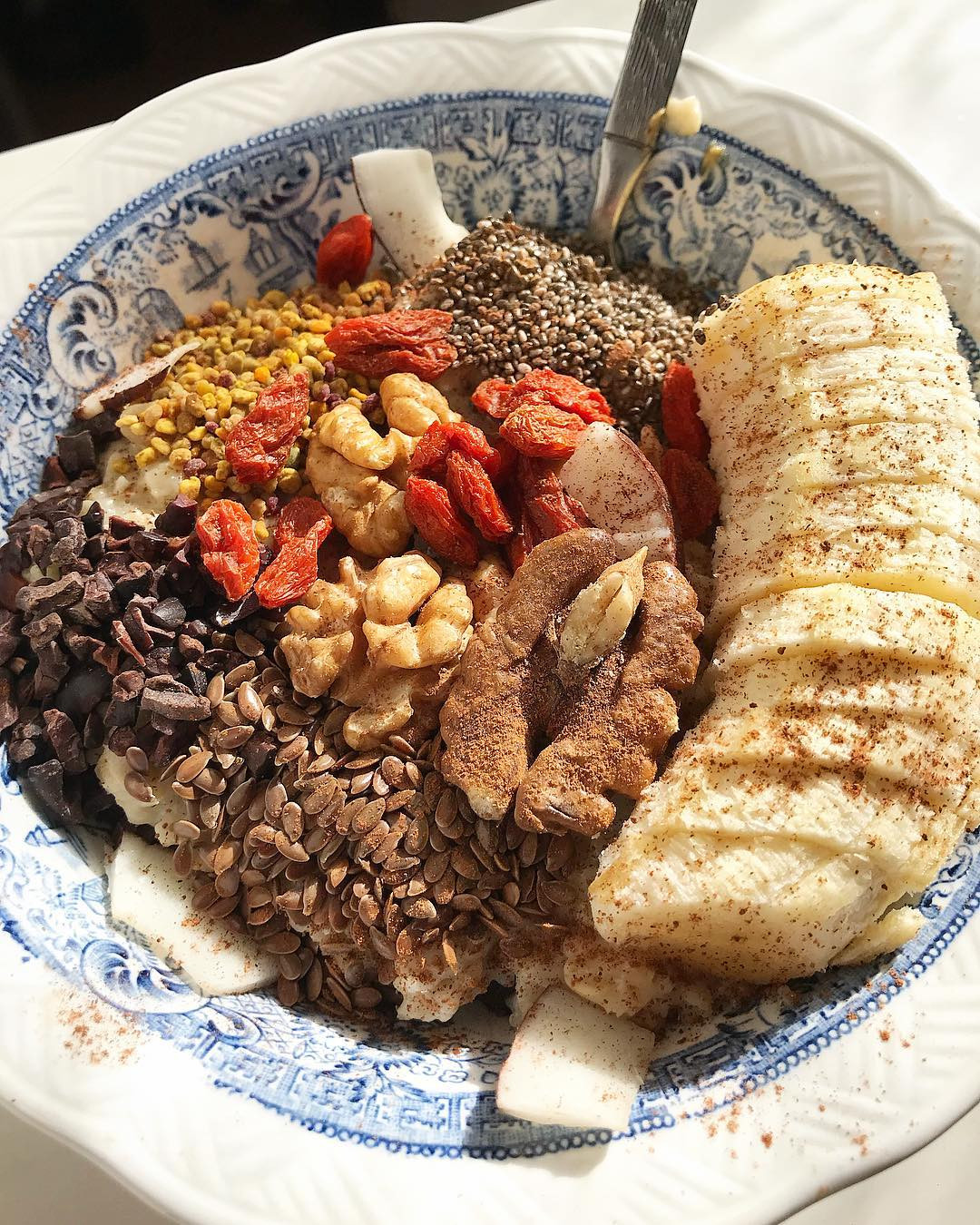 RicFit Oatmeal breakfast
RicFit Oatmeal breakfast Enjoying a Martini
Enjoying a Martini Sleepy Koala illustration
Sleepy Koala illustration Lil’ Foot soccer training
Lil’ Foot soccer training Steam Room relaxation
Steam Room relaxation Fresh Grapefruit
Fresh Grapefruit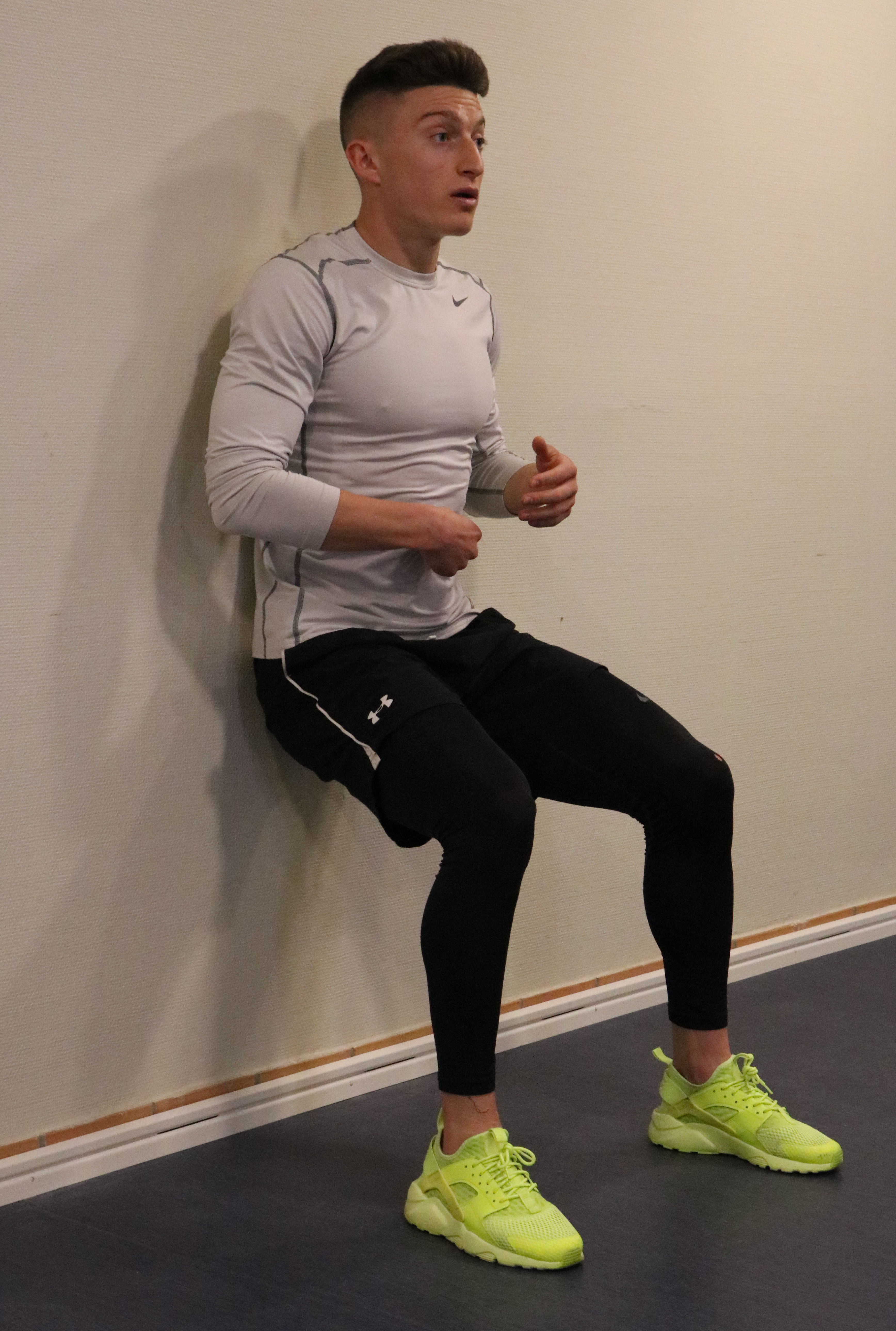 Deadlift exercise
Deadlift exercise Delicious Pizza
Delicious Pizza Frozen Yogurt dessert
Frozen Yogurt dessert Smiling with Oats
Smiling with Oats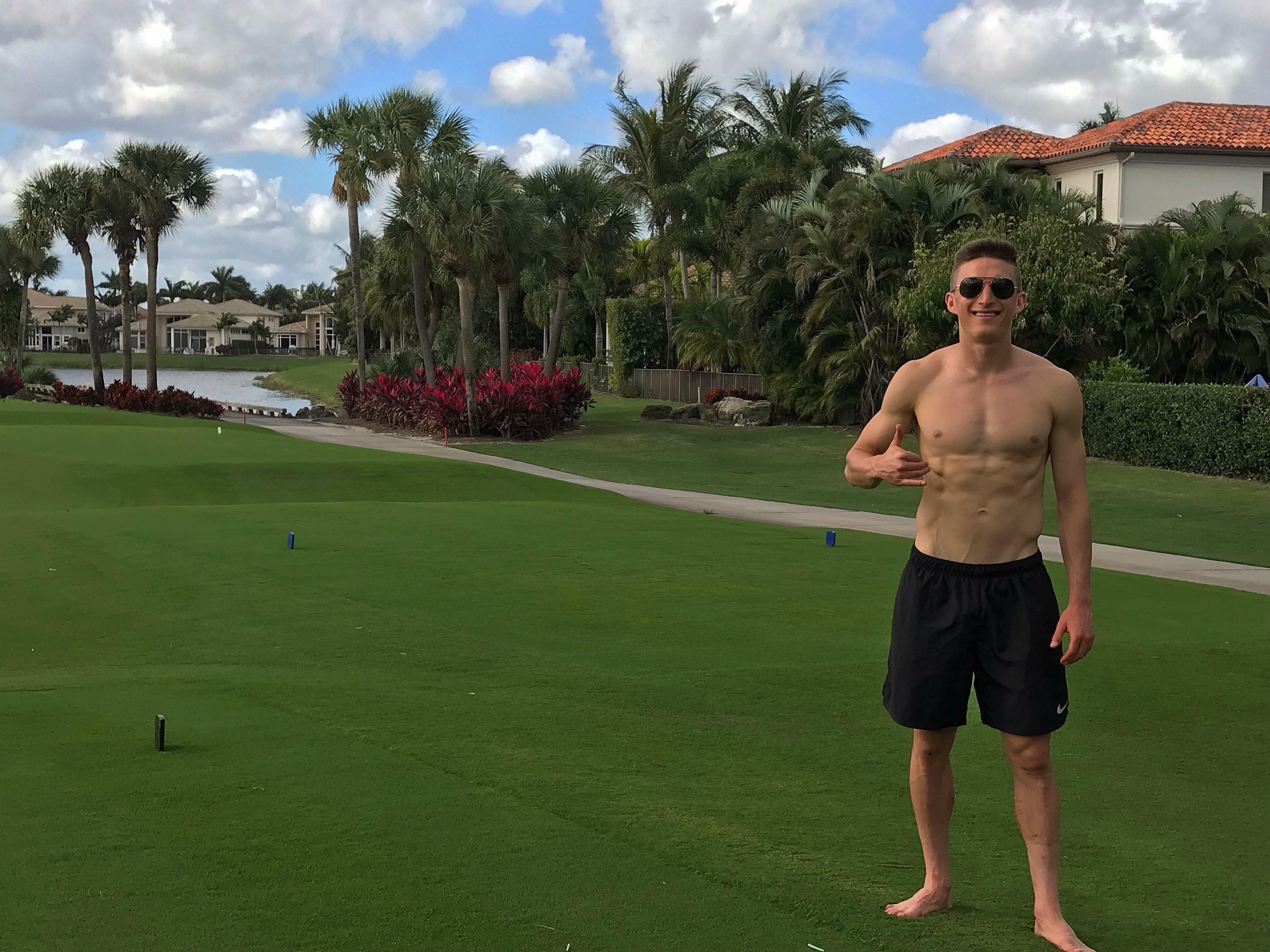 Cup of coffee
Cup of coffee